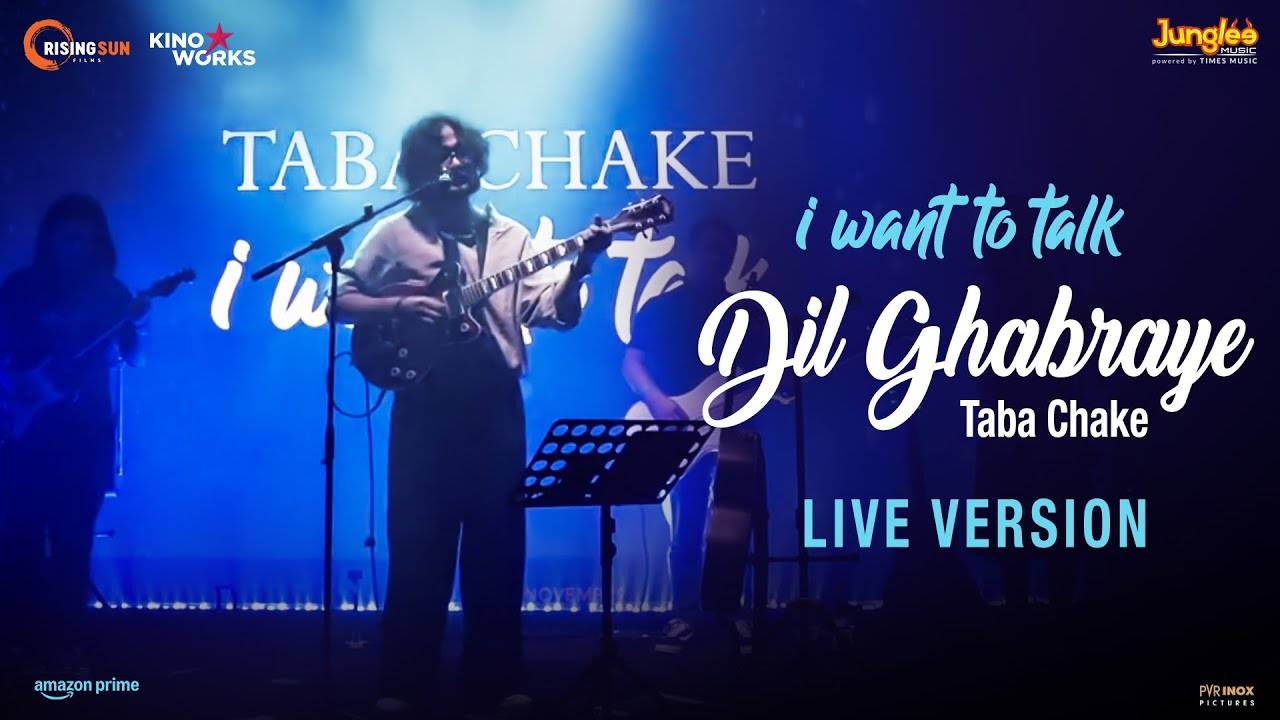
Close. Neck to neck. Touch and go.
These were the general comments till the last vote was cast on 5th November in the US Presidential Elections 2024. Voters have a knack of out-thinking and out manoeuvring the most scientific of polls and studies. And they did.

On 5th November 2024 Kamala Harris was easily trounced by Donald Trump. Voters have become an elusive entity. The days of blind party loyalty are over.
Loyalties in fact have shorter and shorter expiry dates. Opinions form rapidly and change instantly. The information warfare has invaded minds in a way where thoughts are being challenged and changed constantly.
Decisions and choices are affected even while stamping on the vote. Does that mean that planning is futile? No. Does that mean that polls are a waste of money and time.
No. Does that mean that campaigns are a matter of luck? No. In fact, given the voter changeability these things assume even more importance.
They need a more versatile treatment. They require more holistic analysis. Furthermore, they have to be connected to public pulse in more innovative ways than just exploratory studies and exit polls.
The voter has changed, the methodology to track their change needs to change. Having said that, some findings were pretty obvious while some analysis were spot on. Yet, the Harris camp was unable to strategize them.
Trump has always had the knack of connecting with the public more directly and openly. Whether it was the 2016 Twitter downpour or the 2024 “no hold barred” debates, his ability to communicate brashly, boldly, brazenly hit a chord in voters sick and tired of the usual political hope talk. An early analysis of the campaigns run by the two candidates show some “hit the raw nerve” by Trump Vs “hit the wrong nerve” by Harris messages: 1- It’s the economy stupid — The voter was upset.
The voter was disappointed. The voter was angry. Americans have undergone economic pain after decades of being an economy of abundance.
First the COVID-19. Then the aftermath. And Now the post aftermath.
Very rarely has economic meltdown lasted this long. For the average American the prices of groceries have almost doubled in the last few years. The price of bread has become a big debating point.
Gallup survey had been showing increasing dissatisfaction with the way the country was being run. In the October survey 72% of Americans felt that the economy was going in the wrong direction. In a recent study done by ABC/IPSOS 42% trusted Trump to handle inflation Vs 32% trust level in Biden’s capability.
Trump splashed it extensively. His comparison included a resurging economy post COVID-19 when he lost the election to a more duller and inflationary economy in the Biden term. Simply put this election was not about cabinet table items but kitchen table items.
2- Biden warfare — Another sore point in the voter’s mind was Biden’s foreign policy. The majority of Americans now feel that US involvement in foreign wars is counter-productive. The war opponents include a number of segments.
The anti-war segment includes the traditional “cost of war” opponents. They have always believed that the financial and human cost of war is being paid through American taxpayer’s money. This they felt was a huge cost on the already overburdened economy.
The new and growing segment is the younger voter who has been outraged by the atrocities in Palestine. Never has America seen such a rebellion in Universities against American foreign policy. Harvard, Stanford, Columbia, all saw long and persistent protests by students of all kinds.
These visuals and speeches by the young people went viral and put pressure on the Universities to change their policies. Remember, many politicians are alumni of these universities and are also on their boards. The protests against the Gaza war in New York and other cities were historical.
Trump leveraged it. He increased his young adults voter from 35% in 2020 to 42% in this election. The Biden administration had no strategy to deal with it.
Trump on the other hand was loud and clear on his anti-war rhetoric. This enabled him to make inroads into Muslim and black votes. He increased the Black male vote from 12% to 20%.
3- Communication eifferential — Politics is all about messaging. Politics is all about narrative. Politics is all about communication.
A speech can change the trend. A word can destroy the whole narrative. A tone can offend the recipient.
A gesture can win over the opponents. That is why US presidential elections are the biggest communication project in the political industry. Hundreds of communication experts, researchers, and writers assess each word and sentence.
Many more prepare the Presidents to do mock debates. Despite that there are errors, there are mistakes, that cost an election. Sometimes the message does not resonate, other times the candidate fails to make an impact.
The democrats had a candidate dilemma. Biden has been a poor choice. He was old and suffering from dementia.
Age difference between Biden and Trump may be just six years, but presence of mind and communication difference was at least twenty years. Biden’s refusal to step down till he was forced to made a lot of Democrats switch to Trump. Biden’s substitute, Kamala Harris, was no Margaret Thatcher.
Her communication lacked clarity and impact. While she fumbled to answer economy related questions, her counterattack on Trump’s personal character did not resonate with a voter that wanted solutions to their everyday problems. The digital era, the demographic changes and the distrust in the governments in general have created this disenchantment in voter psychology.
Breaking news are not the big news any longer. Sifting the information through Artificial Intelligence has made each voter turn into an analyst, an expert, an anchor. The race for more views on YouTube has created more challenges for candidates standing in an election.
The candidates have to fight against a public instantly capable of millions of memes based on unverified information. The TikTok generation is ticking and creating content every second. While Kamala was mumbling and stumbling in her talks, Trump craftily chose to play on the typical Trump card, i.
e., say it on your face, make it outrageous, take the bull by the horns. And, thus, made the voter choose him by saying “At least he is what he is”.
Copyright Business Recorder, 2024.














